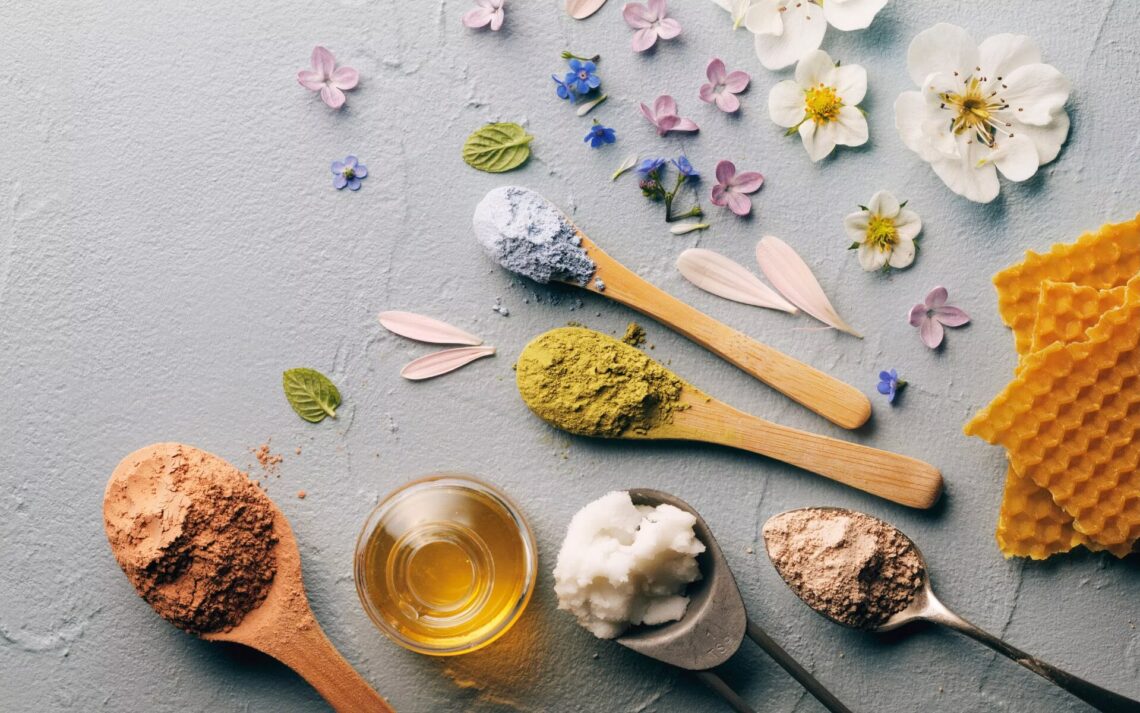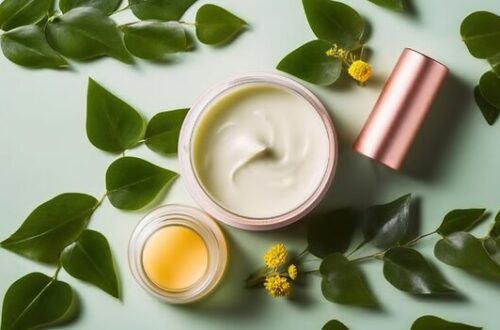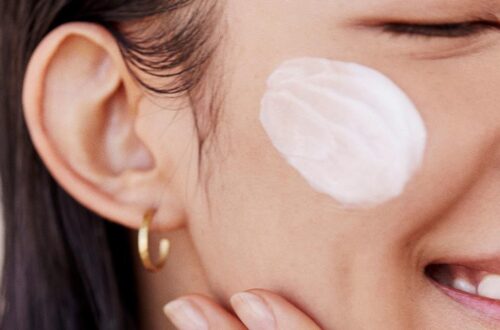Key Points
- Cosmetic ingredients suppliers provide raw materials like oils, butters, and extracts for formulating cosmetics, with a growing focus on natural and organic options.
- Natural cosmetic ingredients are gentler on skin, eco-friendly, and align with consumer demand for clean beauty, though quality varies by supplier.
- Choosing a reliable supplier involves checking certifications, transparency, and customer reviews to ensure ingredient purity and sustainability.
- The market for natural ingredients is expanding, driven by consumer preferences, but some debate exists over the efficacy of natural versus synthetic ingredients.
What Are Cosmetic Ingredients Suppliers?
Cosmetic ingredients suppliers are companies that provide the raw materials—such as oils, butters, extracts, and actives—used to create skincare, haircare, and makeup products. Suppliers specializing in natural cosmetic ingredients focus on plant-based or mineral-derived materials, often free from synthetic chemicals like parabens or sulfates. These ingredients cater to the rising demand for clean, sustainable beauty products.
Why Choose Natural Ingredients?
Natural ingredients are often gentler, reducing irritation risks for sensitive skin. They’re typically sourced sustainably, supporting eco-conscious practices. Research suggests that ingredients like aloe vera and shea butter hydrate effectively, though some argue synthetic alternatives may offer superior performance for specific functions like preservation. Consumer preference for natural products continues to drive market growth, with the natural cosmetics market projected to reach $1,095 million by 2030.
Top Suppliers to Consider
Reputable suppliers like Penny Lane Organics, Mountain Rose Herbs, and Making Cosmetics offer high-quality natural ingredients with certifications like USDA Organic. These suppliers provide a range of products, from essential oils to botanical extracts, suitable for small and large-scale formulators.
How to Choose a Supplier
Look for suppliers with certifications (e.g., USDA Organic, Ecocert), transparent sourcing, and positive customer feedback. Ensure they offer a diverse ingredient range and rigorous quality testing to meet your formulation needs.
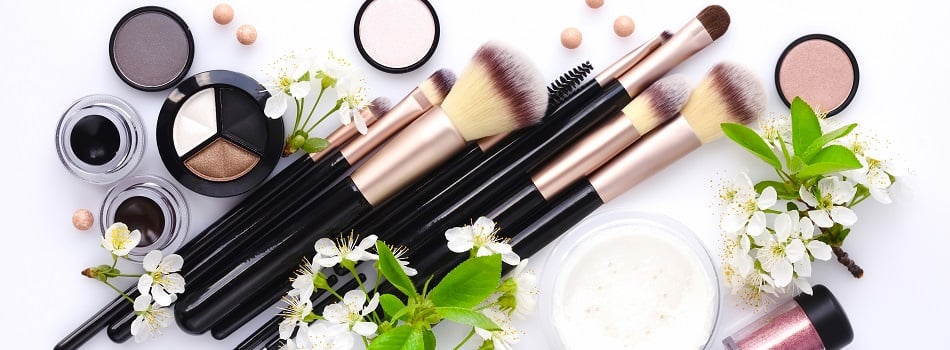
From Nature to Beauty: Top Suppliers for Natural Cosmetic Ingredients
In the rapidly growing clean beauty industry, cosmetic ingredients suppliers play a pivotal role by providing the raw materials that form the backbone of skincare, haircare, and makeup products. With consumer demand for natural cosmetic ingredients soaring—driven by a preference for safe, sustainable, and eco-friendly products—choosing the right supplier is more important than ever. This comprehensive guide explores the role of these suppliers, the benefits of natural ingredients, and how to select the best partners for your beauty business, ensuring your formulations are both effective and aligned with clean beauty principles.
Understanding Cosmetic Ingredients Suppliers
Cosmetic ingredients suppliers source and distribute raw materials such as botanical oils, butters, essential oils, and active ingredients used in cosmetic formulations. Suppliers specializing in natural ingredients focus on materials derived from plants, minerals, or other natural sources, often avoiding synthetic chemicals like parabens, sulfates, and artificial fragrances. Many offer certified organic ingredients, verified by standards like USDA Organic or Ecocert, ensuring purity and sustainability. These suppliers cater to a wide range of clients, from small-scale artisans to large cosmetic brands, providing the building blocks for products like moisturizers, serums, and lip balms.
Why Choose Natural Cosmetic Ingredients?
Natural cosmetic ingredients have gained popularity for their numerous benefits, though debates persist about their efficacy compared to synthetic alternatives. Here’s why they’re a top choice for formulators:
- Skin-Friendly: Ingredients like aloe vera, shea butter, and chamomile are gentle, reducing the risk of irritation or allergic reactions, especially for sensitive skin types. Research suggests that natural ingredients can effectively hydrate and nourish without disrupting the skin’s barrier.
- Environmental Sustainability: Sourced from renewable resources and often produced without harmful pesticides, natural ingredients align with eco-conscious values. Many suppliers prioritize sustainable farming and biodegradable packaging, reducing environmental impact.
- Consumer Demand: Over 40% of beauty product shoppers prioritize natural ingredients, reflecting a shift toward clean beauty. This trend is driving the natural cosmetics market, projected to grow from $642 million in 2022 to $1,095 million by 2030.
- Versatility: Natural ingredients offer a wide range of applications, from moisturizing oils to exfoliating powders, allowing formulators to create diverse products.
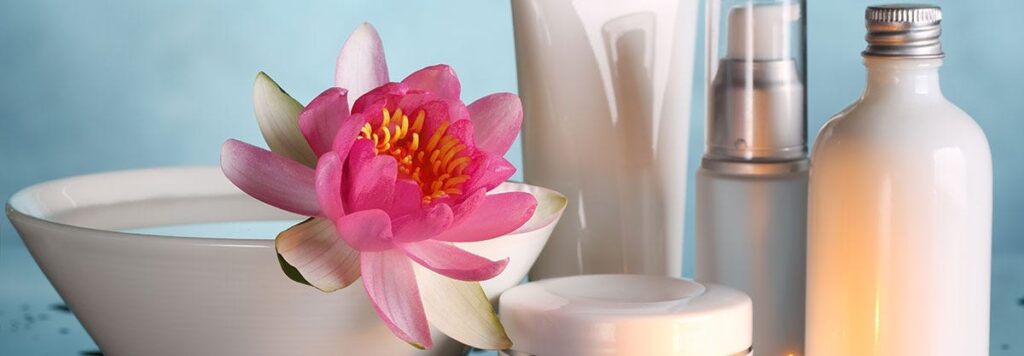
However, some industry experts argue that synthetic ingredients may provide better stability or targeted results in certain formulations, such as long-lasting preservatives. Despite this, the consumer preference for natural products continues to fuel demand for high-quality, natural ingredients.
Top Natural Cosmetic Ingredients Suppliers
Selecting a reliable supplier is critical for ensuring ingredient quality and consistency. Below is a curated list of top suppliers known for their commitment to natural cosmetic ingredients, based on their reputation, product range, and sustainability practices:
| Supplier | Location | Key Offerings | Certifications |
|---|---|---|---|
| Penny Lane Organics | USA | Botanical oils, butters, and natural actives for skincare and baby care products. | Organic, Vegan, Cruelty-Free |
| Mountain Rose Herbs | USA | Organic herbs, essential oils, and ingredients like Self Heal for salves. | USDA Organic |
| Making Cosmetics | USA | Wide range of natural and organic ingredients with formulation support. | Various Certifications |
| Naturally Balmy | UK | Organic raw ingredients and packaging, including Coconut Shell Exfoliant. | Organic, Cruelty-Free |
| The Ingredients Store | UK | Essential oils, vegetable oils, and extracts for cosmetics and soaps. | Ecocert, Sustainable |
- Penny Lane Organics: Emphasizes a philosophy of using only ingredients safe enough to ingest, offering 100% natural, organic, and vegan products. Their botanical oils and butters are rich in vitamins and antioxidants, ideal for premium formulations.
- Mountain Rose Herbs: Known for rigorous quality testing, they provide organic ingredients like essential oils and herbs, with detailed usage guides for formulators.
- Making Cosmetics: Offers affordable natural ingredients and custom formulation services, making it a go-to for small businesses and startups.
- Naturally Balmy: Specializes in organic skincare ingredients and packaging, with a focus on high-performance products like lip scrubs and exfoliants.
- The Ingredients Store: Partners with global leaders like Inolex to provide sustainable, innovative ingredients, catering to eco-conscious brands.
These suppliers are trusted by formulators worldwide for their quality, transparency, and commitment to natural beauty.
How to Choose the Right Cosmetic Ingredients Supplier
Selecting a supplier requires careful consideration to ensure your products meet quality and ethical standards. Here are key factors to evaluate:
- Certifications: Look for certifications like USDA Organic, Ecocert, or COSMOS, which verify that ingredients are free from synthetic pesticides and GMOs.
- Transparency: Reliable suppliers provide detailed information about ingredient sourcing, production methods, and testing processes.
- Quality Assurance: Ensure the supplier conducts rigorous testing for contaminants, as seen with Mountain Rose Herbs’ microbial and chemical analysis.
- Customer Feedback: Reviews from other formulators can highlight a supplier’s reliability, customer service, and product consistency.
- Product Range: Choose a supplier with a diverse selection of ingredients to support various formulations, from creams to serums.
- Sustainability Practices: Prioritize suppliers with eco-friendly packaging and ethical sourcing, aligning with consumer values.
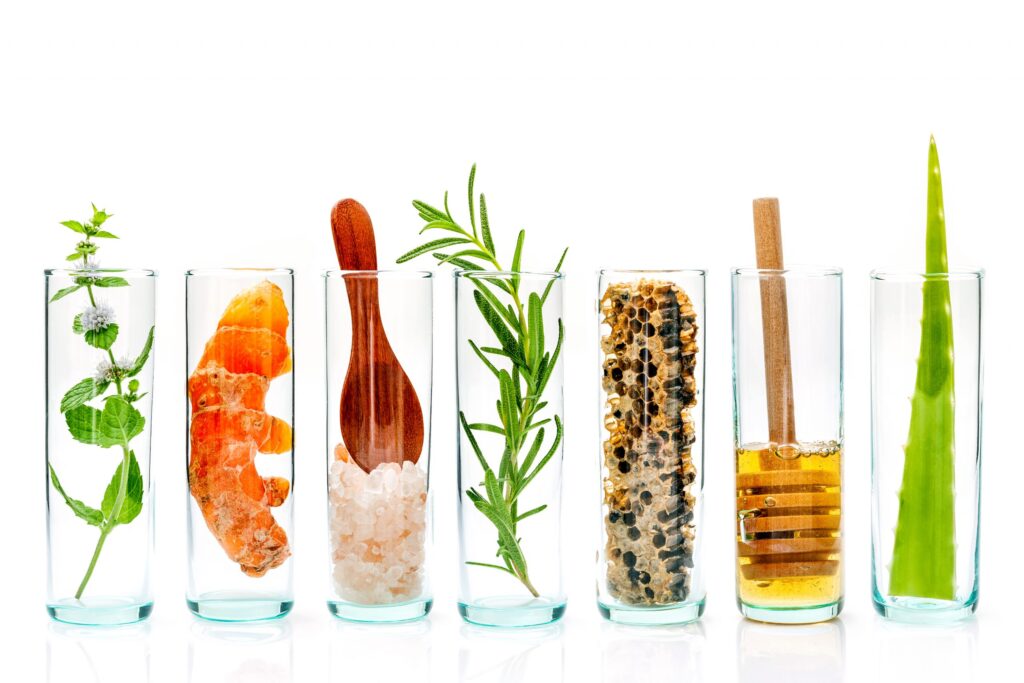
By focusing on these criteria, you can build a partnership with a supplier that supports your brand’s vision and quality standards.
Key Natural Cosmetic Ingredients to Know
Understanding the ingredients you source is essential for effective formulation. Here are some popular natural ingredients and their benefits:
| Ingredient | Benefits |
|---|---|
| Aloe Vera | Soothes and hydrates, ideal for sensitive or irritated skin. |
| Shea Butter | Rich in vitamins A and E, deeply moisturizes and repairs dry skin. |
| Essential Oils | Provide natural fragrance and therapeutic benefits (e.g., lavender for calming, tea tree for antimicrobial properties). |
| Hyaluronic Acid | Attracts and retains moisture, keeping skin plump and hydrated. |
| Coconut Shell | Acts as a natural exfoliant, removing dead skin cells for a smoother texture. |
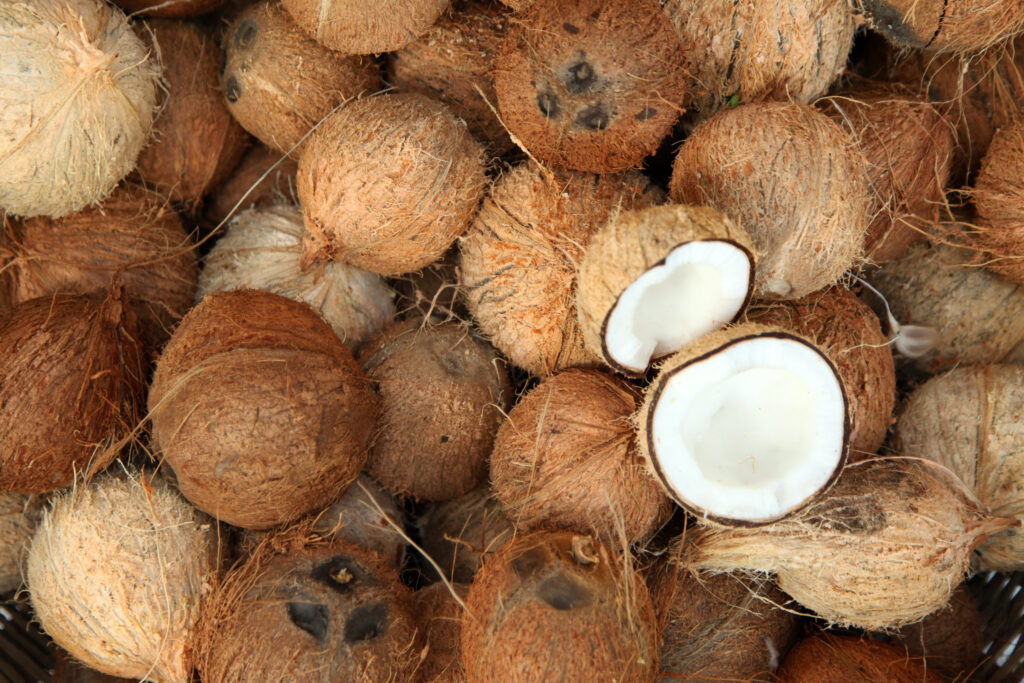
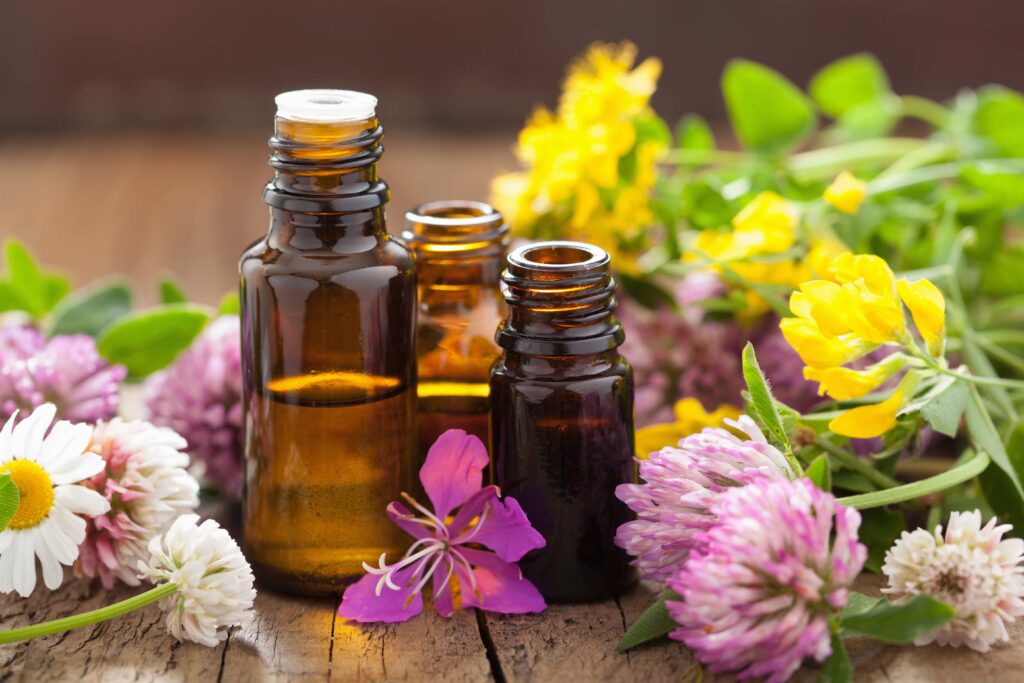
These ingredients, available from top suppliers, allow formulators to create products that are both effective and appealing to clean beauty consumers.
Future Trends in Natural Cosmetic Ingredients
The natural cosmetics industry is evolving rapidly, with several trends shaping the role of suppliers:
- Sustainability: Suppliers are adopting eco-friendly packaging, such as recyclable or compostable materials, and prioritizing sustainable sourcing to reduce environmental impact.
- Innovation: Advances in natural preservatives and actives, like plant-based peptides, are closing the performance gap with synthetic ingredients.
- Regulatory Changes: Stricter global regulations on cosmetic ingredients are pushing suppliers to enhance transparency and safety standards, ensuring compliance.
These trends highlight the importance of partnering with forward-thinking suppliers who adapt to industry changes while maintaining quality.
Conclusion
Cosmetic ingredients suppliers specializing in natural cosmetic ingredients are essential partners for creating high-quality, sustainable beauty products. By choosing trusted suppliers like Penny Lane Organics, Mountain Rose Herbs, and Making Cosmetics, formulators can access pure, effective ingredients that meet consumer demand for clean beauty. Evaluating suppliers based on certifications, transparency, and product range ensures your formulations are safe, ethical, and competitive. As the natural cosmetics market continues to grow, staying informed about suppliers and trends will empower your brand to thrive in the clean beauty revolution.
